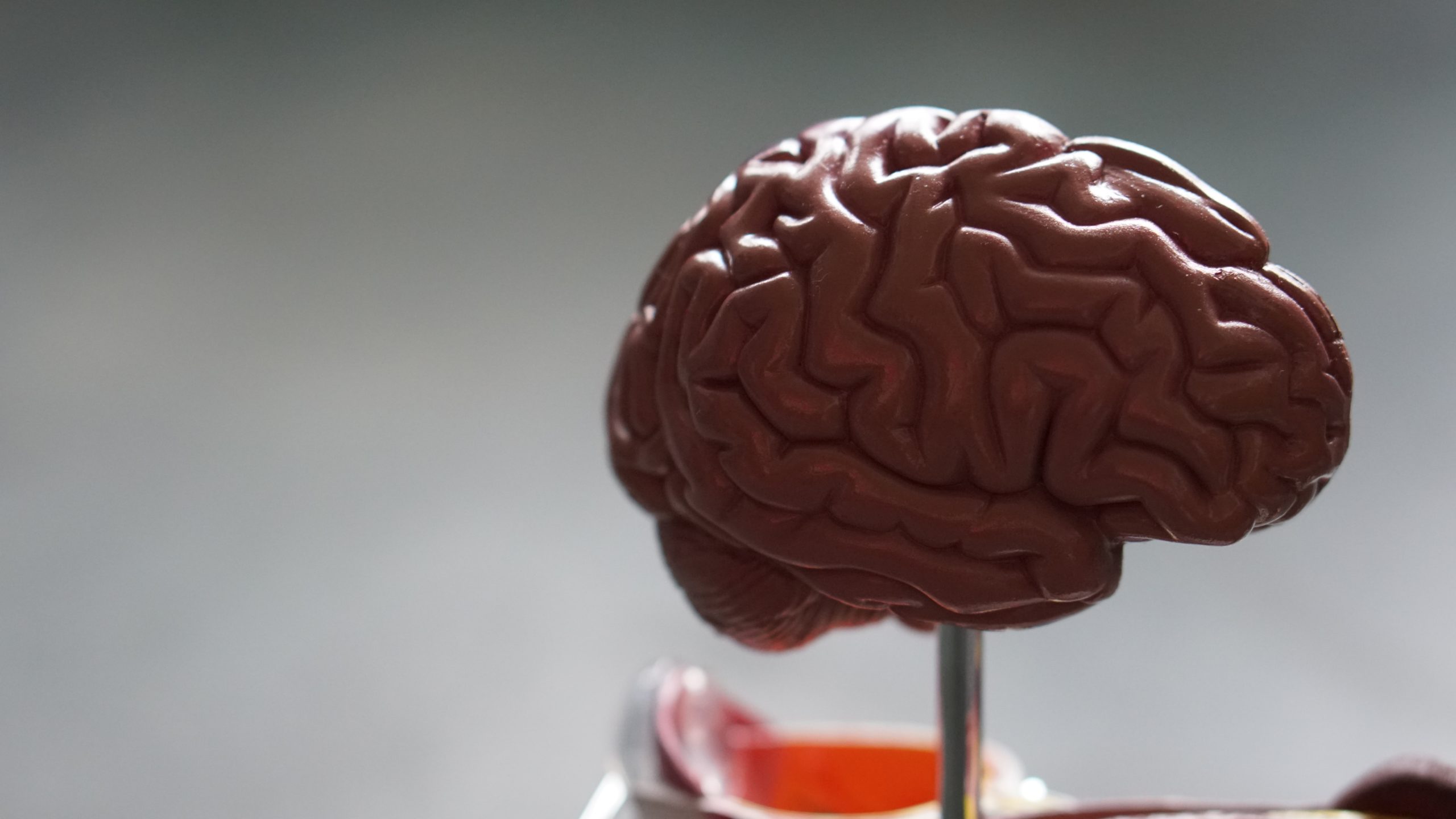
Can Brain Composition Affect a Defendant’s Outcome in Court?: Part I
The media has been buzzing over the past year about the impact that traumatic brain injury caused by repeated hits is having on contact sport athletes. In addition to dementia, head trauma is inspiring some veterans of professional contact sports such as football and hockey to become either suicidal, violent or both. In fact, several players have recently committed misdemeanors and felonies that family, physicians and attorneys are linking to their work-related head trauma. This behavior is not unlike the depressed and violent behavior exhibited by some veterans who have suffered similar kinds of head trauma.
Ordinarily, individuals are held accountable for their criminal behaviors unless they are declared to be mentally incompetent. However, individuals who have suffered brain trauma may be simultaneously competent and deeply affected by their brain’s response to trauma. This issue of competency and trauma is leading some in the legal and medical fields to question whether the criminal justice system should be accounting for the fact that traumatized individuals may be simultaneously competent in legal terms but also so affected by their brain trauma that holding them directly accountable for certain actions is both illogical and unjust.
Just as a person with a mental disability should not be held responsible for actions he or she does not either understand or have control over, it makes little sense to hold a traumatized individual accountable for actions he or she does not understand or have control over in the moment. Certain kinds of head trauma can lead to this type of isolated behavior and lack of understanding and control over it in the moment.
The intersection of neuroscience and the law will likely increasingly inform the outcome of criminal cases in the future. Please check back in later this week as we continue our discussion on this critical topic.
Source: ABA Journal, “Brain trials; Neuroscience is taking a stand in the courtroom,” Kevin Davis, Nov. 1, 2012


